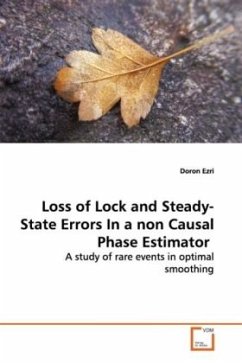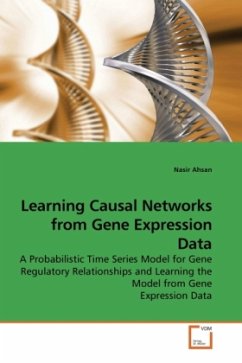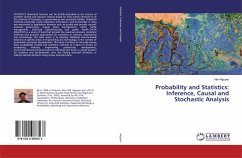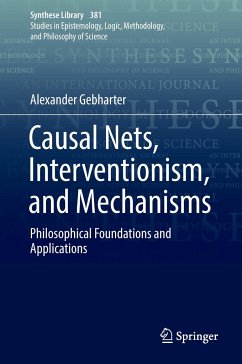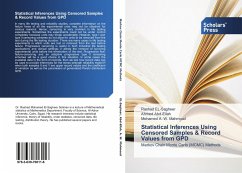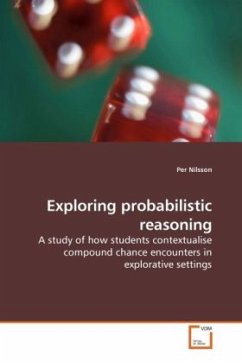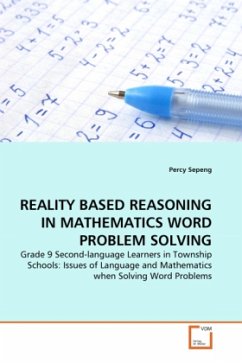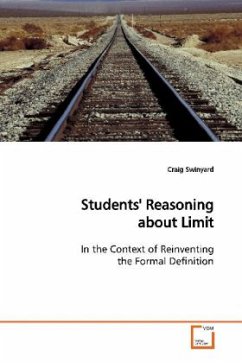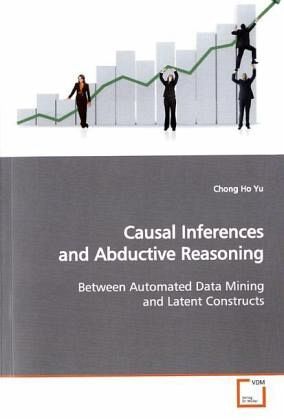
Causal Inferences and Abductive Reasoning
Between Automated Data Mining and Latent Constructs
Versandkostenfrei!
Versandfertig in 6-10 Tagen
45,99 €
inkl. MwSt.

PAYBACK Punkte
23 °P sammeln!
Almost every statistics instructor emphasizes to their classes that a strong association does not necessarily imply causation. How researchers could draw causal interpretations from the results of their studies remains a challenging yet interesting question. First, the question concerning how potential causal factors can be identified prior to modeling is even more important than making causal interpretations after the analysis. This book aims to evaluate the claim that automated data mining constitutes a paradigm shift in causal discovery. The data mining approach overlooks how conceptualizat...
Almost every statistics instructor emphasizes to
their classes that a strong association does not
necessarily imply causation. How researchers could
draw causal interpretations from the results of
their studies remains a challenging yet interesting
question. First, the question concerning how
potential causal factors can be identified prior to
modeling is even more important than making causal
interpretations after the analysis. This book aims
to evaluate the claim that automated data mining
constitutes a paradigm shift in causal discovery.
The data mining approach overlooks how
conceptualization affects projection and causal
inferences. On the contrary, the abductive approach
recognizes the role of conceptualization in every
step of inquiry. A thorough inquiry with respect to
causal inferences should include abduction,
deduction, and induction. This non-technical book is
written for researchers who are interested in causal
inferences and have basic knowledge of philosophy
and quantitative methods.
their classes that a strong association does not
necessarily imply causation. How researchers could
draw causal interpretations from the results of
their studies remains a challenging yet interesting
question. First, the question concerning how
potential causal factors can be identified prior to
modeling is even more important than making causal
interpretations after the analysis. This book aims
to evaluate the claim that automated data mining
constitutes a paradigm shift in causal discovery.
The data mining approach overlooks how
conceptualization affects projection and causal
inferences. On the contrary, the abductive approach
recognizes the role of conceptualization in every
step of inquiry. A thorough inquiry with respect to
causal inferences should include abduction,
deduction, and induction. This non-technical book is
written for researchers who are interested in causal
inferences and have basic knowledge of philosophy
and quantitative methods.



